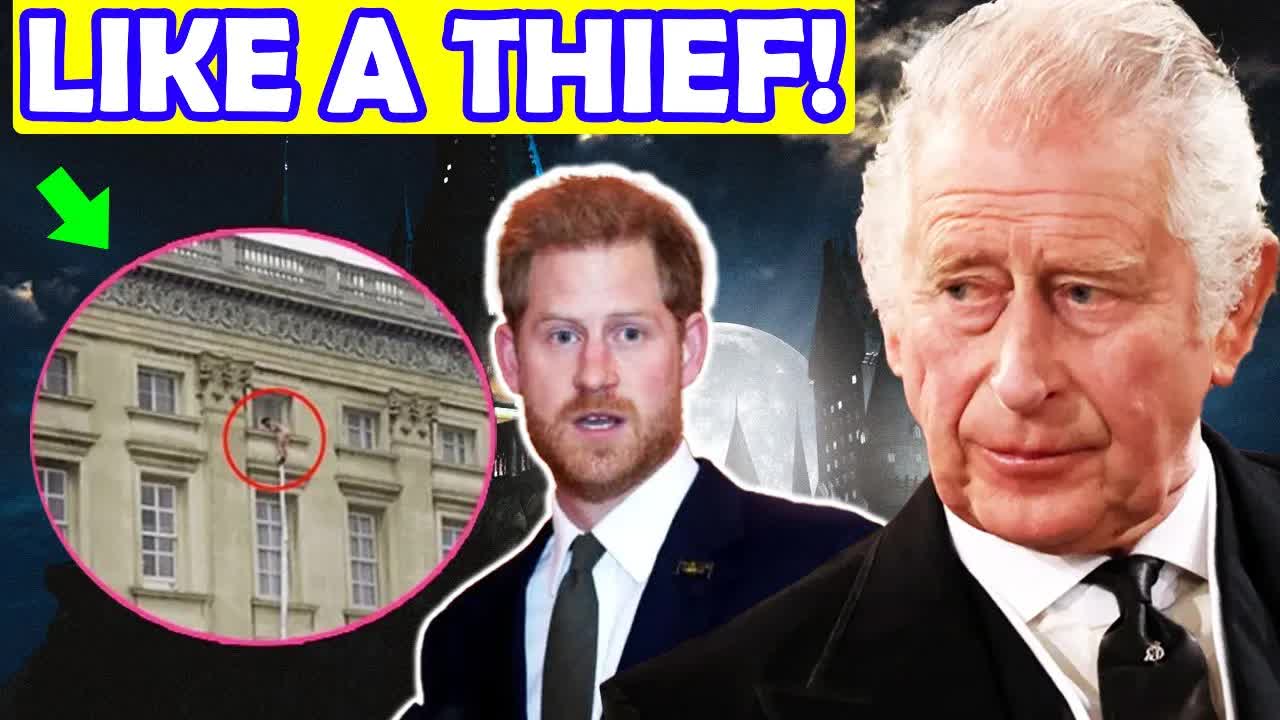In a stunning turn of events, the Duke of Sussex, Prince Harry, was noticeably absent from court on the third day of his legal battle against the publishers of the Daily Mail and Mail on Sunday.
This case, which has drawn considerable media attention, sees Harry alongside six other high-profile celebrities claiming they were victims of unlawful information gathering by Associated Newspapers Ltd.
While Harry made appearances during the first two days, his absence on this crucial day raised eyebrows.
The four-day hearing is set to conclude on Thursday, with both sides presenting their legal arguments.
Following these discussions, a judge will decide whether the case should proceed to trial.
As the courtroom drama unfolds, social media has been buzzing with images of Harry attempting to sneak into the palace, adding an intriguing layer to the ongoing saga.
Meanwhile, King Charles remains preoccupied with royal duties and was unable to meet with his son, even amidst Harry’s apparent desire for reconciliation before the upcoming coronation.
This situation continues to highlight the strained relationship between the royal family and the Duke of Sussex.
In related news, Prince William, the heir to the throne, is expected to play a significant role during King Charles’s coronation.
However, Dr. George Groves, a theology expert from King’s College London, pointed out that there isn’t a specific traditional role assigned to the Prince of Wales in the coronation service.
Despite this, he speculated that William might be called upon to perform the homage traditionally offered by royal dukes.
Reports suggest that King Charles has decided to modify the longstanding tradition that required royal dukes to kneel before him and pay homage during the ceremony.
If this change goes ahead, it could mean that prominent figures like the new Duke of Edinburgh, Prince Edward, and other dukes will not have an active role in the service.
This decision also serves to sidestep the potential involvement of non-working royals, such as Prince Andrew and Harry, during the coronation.
Historical context shows that in 1953, Prince Philip was the first to pay homage to the newly crowned monarch, followed by other dukes.
The shift in tradition could signify a modern approach to royal ceremonies.
Dr. Groves believes it’s plausible that Prince William may take on the homage role traditionally held by multiple royals in the past.
However, he doubts that officials will create entirely new responsibilities for him, as they likely want to avoid extending the length of the ceremony unnecessarily.
The coronation organizers face a delicate balancing act, aiming to preserve essential elements of the service while making it more concise for contemporary audiences.
One notable difference anticipated this year is the significantly reduced guest list.
In June 1953, around 8,000 guests filled Westminster Abbey, but this year, only about 2,000 attendees are expected.
This smaller guest list reflects the evolving role of peers in the monarchy compared to previous decades.
Interestingly, King Charles is reportedly looking to invite foreign royalty, marking a departure from traditional practices.
As the coronation approaches, all eyes will be on how these changes unfold and what they mean for the future of the British royal family.

